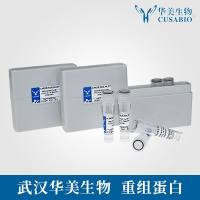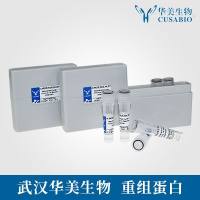Embryonic Stem Cells as a Source of Differentiated Neural Cells for Pharmacological Screens
互联网
互联网
相关产品推荐

Zika virus (ZIKV) (strain Zika SPH2016) ZIKV-E (Stem/anchor domain of flavivirus envelope glycoprotein E) protein (Fc Tag)
¥4520

胱硫醚-β-合成酶 (CBS);9023-99-8;≥95%(SDS-PAGE), ≥40 U/mg protein; Source: Microorganism;V65933-100U
¥759

Recombinant-Rat-Protein-lifeguard-2Faim2Protein lifeguard 2 Alternative name(s): Fas apoptotic inhibitory molecule 2 Neural membrane protein 35
¥11592

MKN45人低分化胃癌细胞|MKN45细胞(Human Poorly Differentiated Gastric Cancer Cells)
¥1500

Recombinant-Human-Zinc-transporter-9SLC30A9Zinc transporter 9; ZnT-9 Alternative name(s): Human embryonic lung protein; HuEL Solute carrier family 30 member 9
¥13832
相关问答

